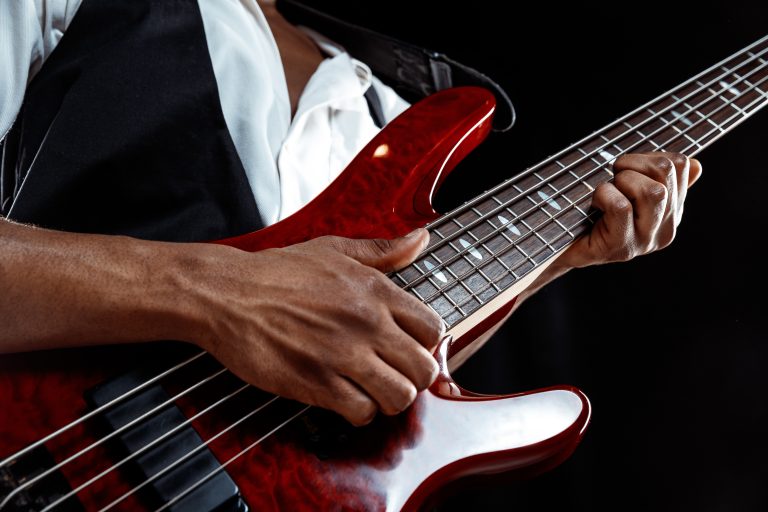Pitch-Perfect Mastery: A Comprehensive Guide to Developing Your Ear
Perfect pitch, often referred to as absolute pitch, is a remarkable skill possessed by some of the world’s most renowned musicians. It allows individuals to identify and reproduce musical notes without any reference. While some are born with this gift, others can develop and refine their pitch accuracy through dedicated practice and training.
In this comprehensive guide, we will explore the concept of perfect pitch and provide you with valuable tips and exercises to help you enhance your own musical ear.
Understanding Perfect Pitch:
Perfect pitch is the ability to instantly recognize and name a musical note without any external reference. This skill is exceptionally rare, with estimates suggesting that only 1 in 10,000 people possess it. However, that doesn’t mean you can’t work on improving your pitch accuracy.
Musicians with Known Perfect Pitch:
Before diving into tips and exercises, let’s draw inspiration from some famous musicians celebrated for their perfect pitch:
- Mozart: The legendary composer and pianist Wolfgang Amadeus Mozart is often cited as one of the earliest examples of perfect pitch.
- Stevie Wonder: This iconic singer-songwriter and multi-instrumentalist is renowned for his incredible pitch accuracy.
- Maria Callas: The opera diva Maria Callas had an exceptional ability to sing with absolute precision.
- Jimi Hendrix: The rock guitar virtuoso Jimi Hendrix was known to have perfect pitch, which greatly contributed to his musical innovation.
Tips for Developing Perfect Pitch:
Now, let’s explore some effective tips to help you develop your perfect pitch:
- Ear Training: Regular ear training exercises, such as identifying intervals and chords, can significantly improve your pitch recognition skills.
- Use a Tuning Fork: Utilize a tuning fork to familiarize yourself with specific pitches and their frequencies.
- Singing Practice: Singing along with a reference pitch and gradually weaning yourself off it can strengthen your pitch accuracy.
- Pitch Memory Games: Engage in fun pitch memory games and apps designed to challenge your ear.
- Listen Actively: Pay close attention to the sounds around you, from bird songs to car horns, and try to identify their pitches.
- Consistent Practice: Like any skill, developing perfect pitch requires consistent practice and patience.
Remember, perfect pitch is a rare skill, but with dedication and practice, you can improve your pitch accuracy and enhance your overall musical abilities. Whether you’re a beginner or an experienced musician, the journey to perfect pitch is an exciting one filled with growth and discovery.
In the end, the pursuit of perfect pitch is not just about hitting the right note every time but also about deepening your connection with the world of music.
Image Sources:
- Young man playing guitar while listening to music on headphones: Hero Images / stock.adobe.com





